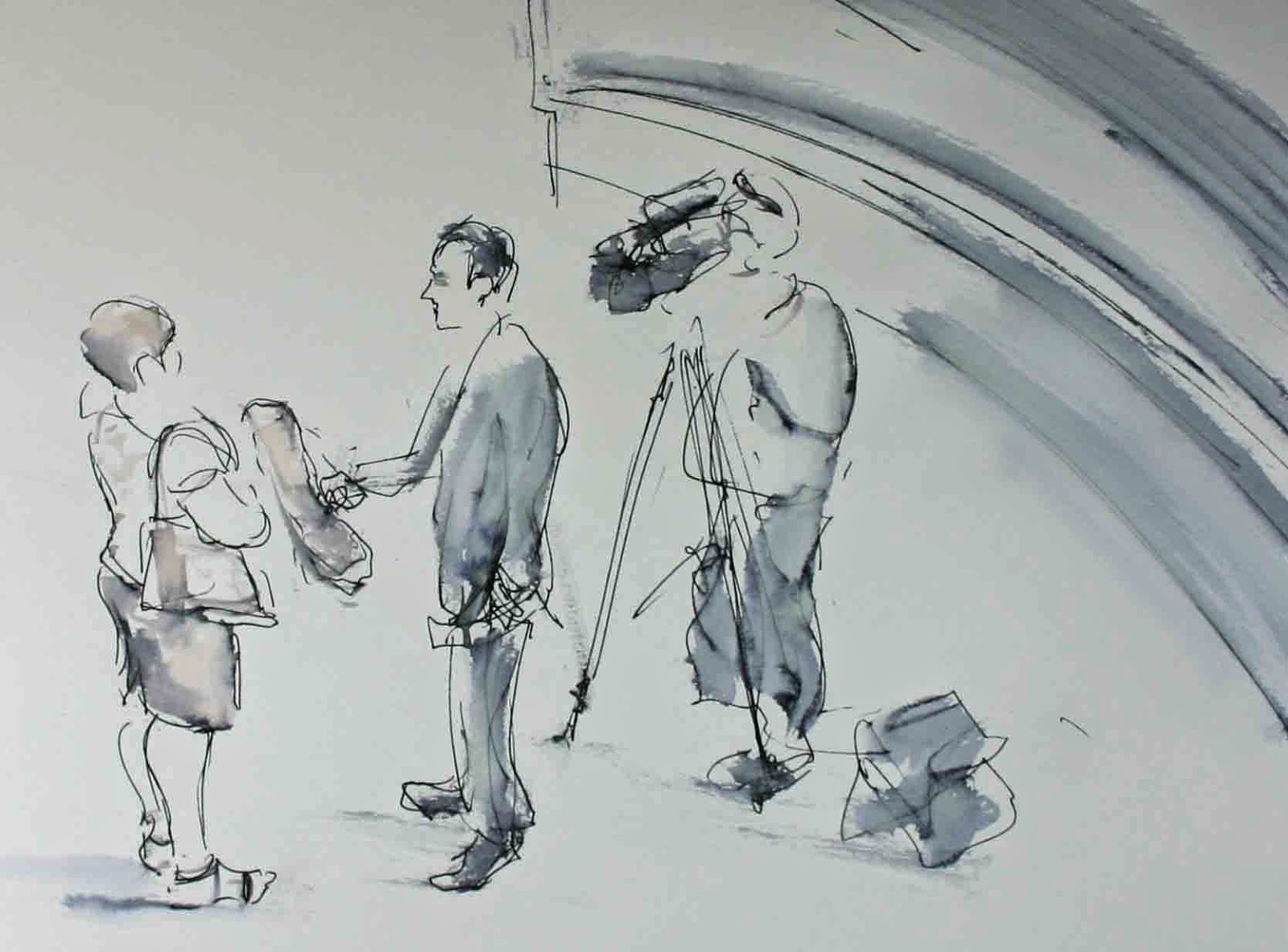‘The public learn so little from the judges and their judgments about the law, the legal system and the judges themselves,’ said the inaugural chair of the new press regulator last night. At the annual Tom Bingham Lecture, in memory of former lord chief justice and law lord, Sir Alan Moses gave a judicial perspective on open justice in the courts.
Judges must be allowed to communicate more freely allowing the public to better understand their decisions, the former high court judge argued. Moses reflected that judgments were ‘not addressed to and not designed for the non-lawyers’.
Sir Alan reflected on the rise of ‘penal populism’ to the top of the political agenda in the approach to the general election and how the treatment of contentious issues such as immigration, asylum and benefits under EU law remained ‘lost and submerged in the din of campaign’.
‘However many more people we send to jail, however pointless and expensive the process, people will continue to believe that prison works: the clang of the prison gates, as all film-makers know, produces a clear and satisfying end. And the media’s skill and understanding that they must build on people’s expectations, feed their beliefs and prejudices, will inevitably produce a not so merry-go-round in which the media provide a narrative of legal events on the assumption of what people believe, which itself provides the source of greater prejudice, even further from the complex reality of the law.’
Sir Alan Moses
The methods of communication used by judges, he continued, ‘echo a different universe to that from which nearly everyone learns about the law and the legal system’. ‘Judges might all too easily be perceived to have prejudices,’ he said, which is why silence was the best method. Silence preserved the ‘dignity and authority of the law, and more particularly, of the judges’. The reason for that silence, Sir Alan said, was the fear that if judges speak out it will leave them open to attack.
Judges were under an obligation to maintain confidence in the legal system and ‘break down misconceptions’, and to do this, the head of ISPO suggested, they must explain what they were doing and how they sought to uphold the law.
An issue, Moses concluded, in adopting a system with increased communication was the fear that it would expose the failures of our legal system and those of the judiciary.
‘The law is fraught with illusion, the illusion that there is any clear frontier between the province of the law and the province of the politician, that the law is accessible to all, irrespective of wealth or privilege, or that there are clear-cut and certain answers, even in an ideal world of wholly good and rational men. As the scope of government action which is regarded as reviewable has increased, so the belief that judges can insulate themselves from judicial controversy by silence becomes less and less sustainable.’
Sir Alan Moses







